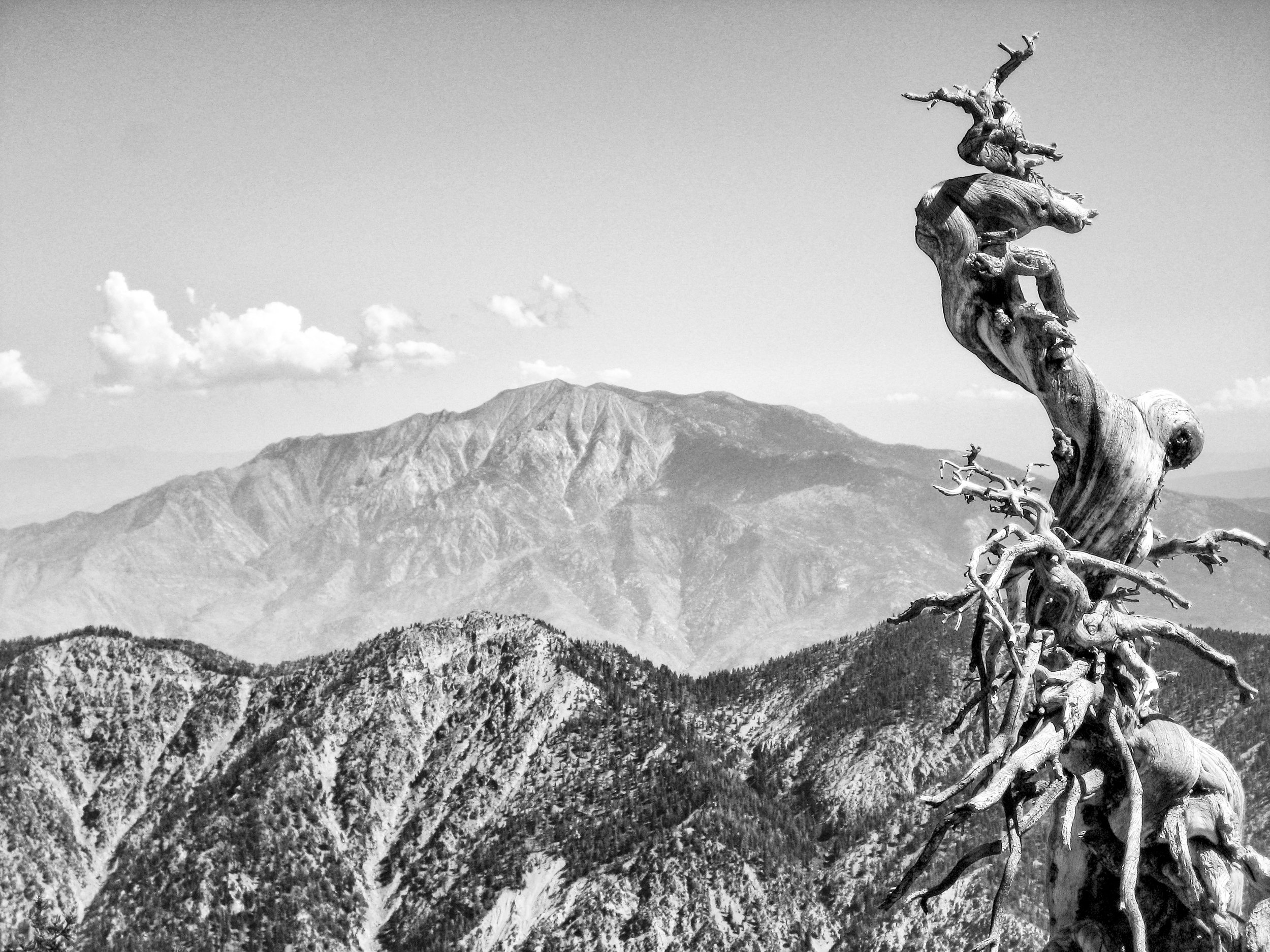My Life
In “Clearing the Path,” Nanavira Thera suggests that “it is not possible to get ‘outside’ avijja by means of reflexion alone.“ He uses the English spelling of the word “reflection,” and says that reflexion is the second layer of consciousness.
The brilliant Buddhist monk, Nanavira Thera, crafted the words “unscrewing avijja” in his monumental work “Clearing the Path,” a razor-sharp investigation and critique of what he concluded to be commonly accepted distortions and mistranslations in the early Pali scriptures.
Recently I was sitting in my dentist's chair waiting for a short procedure when her assistant came to tell me that the doctor would be a little late. "How late?" I asked, mostly only curious and not with much energy on the question. I had given myself a two hour space between this appointment and a session with a client. I really like my dentist who happens to have the same name as one of my dearest friends from my New York days, and I really like her quick intelligence. I love watching her work with such skill and kind assurance while I stare at her with gaping mouth and eyes fixed on her serious face. I once told her that she would have made an excellent psychotherapist, which is not a compliment that comes frequently from this VB.
Lately, after the kangse bell on my Insight timer rings, I find myself instinctively reaching for the iPhone to check Apple News. I’ve been obsessed with reading the news about Russia’s invasion of Ukraine: Russian soldiers fleeing across the border in panic from the onrushing Ukraine army northeast of Kharkiv (yea!).
In the early evening of April 29,1999. I loaded up my little Geo Metro with essential things and headed from San Pedro to Long Beach. I was moving into a new apartment on Roycroft Avenue in Belmont Shore, which is only one block from the ocean and just a few minutes drive from where I was interning at Family Service of Long Beach.
Can we change? This is probably not a question that keeps you awake at night, but it has intrigued me for many years. Krishnamurti pondered the question of change with a group of brilliant colleagues during a series of discussions which were published later in Can Humanity Change?
As as a metaphor for enlightenment, “entering the stream” sounds rather bucolic doesn’t it? I Imagine a lovely meadow with a gentle mountain stream flowing nearby, as I step into its cool wetness.
The following essay has not exactly been a labor of love. In fact, it feels more like labor than love. While the entertainer in me, has always followed, as if by instinct, Emily Dickinson’s sage advice to “tell all the truth but tell it slant” (perhaps a poetic description of circumambulation), my inclination from childhood on was to “let me entertain you.”
In December 2010, I closed my psychotherapy practice and moved out of the office where I had sat with clients for twenty years.
Not one to let the grass grow beneath his feet, I had begun to prepare my clients for this moment months earlier. Thus, within two short weeks after closing my office, I was on my way to Lumbini, Nepal, where I participated in a two month Vipassana meditation retreat with U Vivekananda.
Over the years of my life, I’ve been aware of something that I always took for granted: I can write a melody almost as easily as I can write a sentence.
In 1979, I was organist and choir director at St. Edward the Martyr, a small Episcopal church in Spanish Harlem, sitting just at the north end of Central Park in New York City.
I lived in New York City from 1970 to 1990, and my favorite daily ritual was to go to what my friends and I called the “Greasy Spoon,” a little diner on 101st and Broadway, for a donut, a cup of coffee, and the New York Times.
One day, while I was in Crete, I had the impulse to write something on a note pad. it seemed so meaningful that I decided to tack it on the wall of my little room, and it became a daily reminder for me to ponder.
In whom do you trust? It’s a skillful question. If you were to ask that of a friend or partner, what would she or he say?
From our perspective, the Fundamental Triad is quite simply awful news. What is “our” perspective?
While “A letter from Crete” is still in the pipeline, I want to share a recent experience in Tennessee where I was stuck on the I-75 freeway for one hour.
Back from Ireland and Scotland and my so-called “experience is food for the soul.” Actually it gave me a bad case of psychological indigestion.
My stimulus for creating a site for these posts was a vague desire to stitch together some sort of autobiography. I can trace that faint impulse back to reading Jung’s, “Memories, Dreams and Reflections,” for a second time, after having read it perhaps 10 years earlier.
When struggling with a difficult situation, Rebecca, one of my best friends in college, would say, “I don’t know how to think about it.” I’m sure the look on my face was not what one would wish to see from a good friend. “
The first step in putting the pieces of my heart back together again came shortly after I moved to New York when I was twenty-nine.
Recently, I have been reading James Hillman, who is probably best described as “neo Jungian.” Without a doubt, Hillman was a genius of the first rank
So where were we? Ah yes, the beachhead Tom has established. As he began to ask the little guy “What are you feeling?” - as he was beginning to imagine him - he reported a sense that something had shifted slightly.
So are you ready for a followup from Tom’s session? It’s a natural expectation if you think like a normal, logical human. Maybe linear sequences are our birthright.
A few weeks ago, I found myself talking animatedly about the Normandy Invasion, better known as D-Day.
Months ago It became clear that Tom needs to become more connected to what Jung called the feeling function.



























